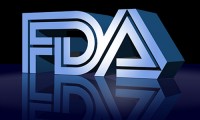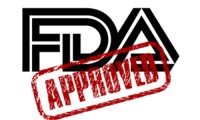-
How AI Procurement Can Boost Supply Chain Efficiency by 50% in the Pharmaceutical Industry? Drugdu AI is Exploring the Future!
- Source: drugdu
- 720
- February 18, 2025
-
AbbvVie Under Fire From FDA Over Humira’s Death Complaints
- Source: Fierce Pharma
- 944
- June 12, 2018
-
Amegen and Celgene to be Threatened by Pfizer and AbbVie
- Source: Ddu
- 877
- May 23, 2018
-
AbbVie pressurized to keep low price for Imbruvica formula
- Source: Ddu
- 1,686
- May 17, 2018
-
Breakdown of Pharma Events Since 2017
- Source: Ddu
- 911
- May 17, 2018
-
Trump calls for FDA price check with drug prices in ads
- Source: Ddu
- 1,138
- May 17, 2018
-
Feds join lawsuits claiming Insys used strip club visits, super-doses and more to boost Subsys sales
- Source: FiercePharma
- 937
- May 16, 2018
-
FDA approved Pfizer biosimilar Epogen/Procrits
- Source: Ddu
- 1,035
- May 16, 2018
-
3 Ways in which Healthcare & Pharma are Changing Marketing Strats.
- Source: drugdu
- 1,050
- May 14, 2018
your submission has already been received.
OK
Subscribe
Please enter a valid Email address!
Submit
The most relevant industry news & insight will be sent to you every two weeks.













